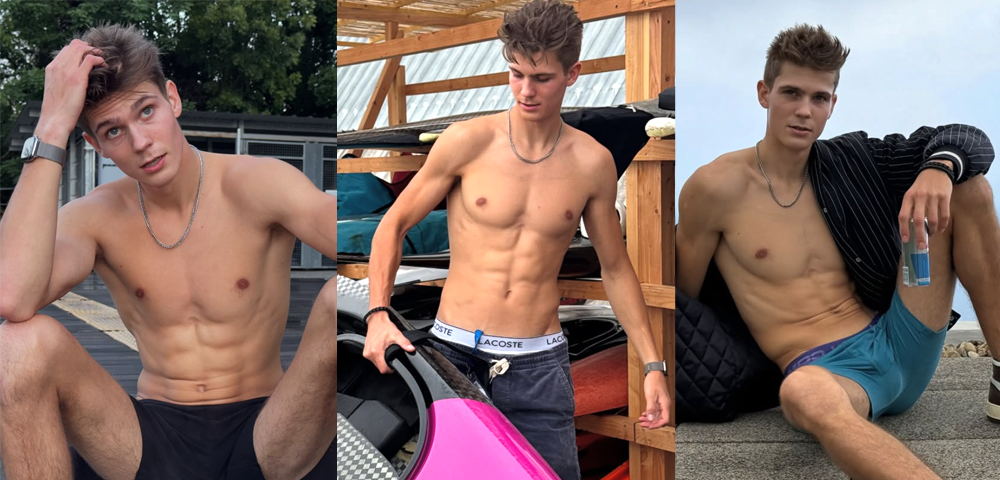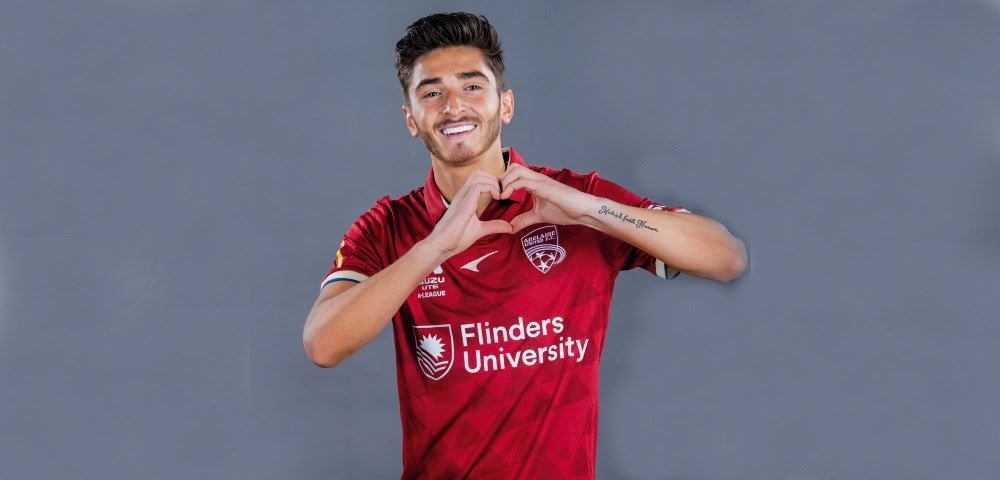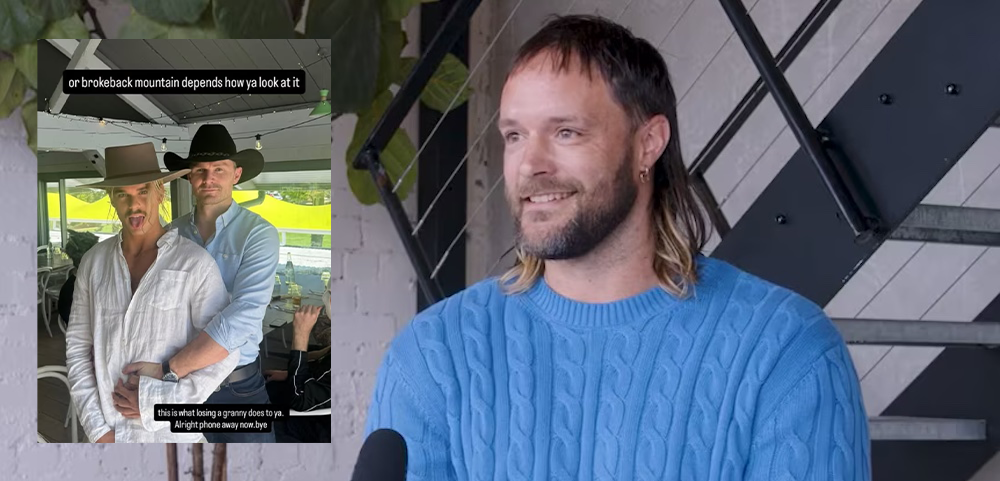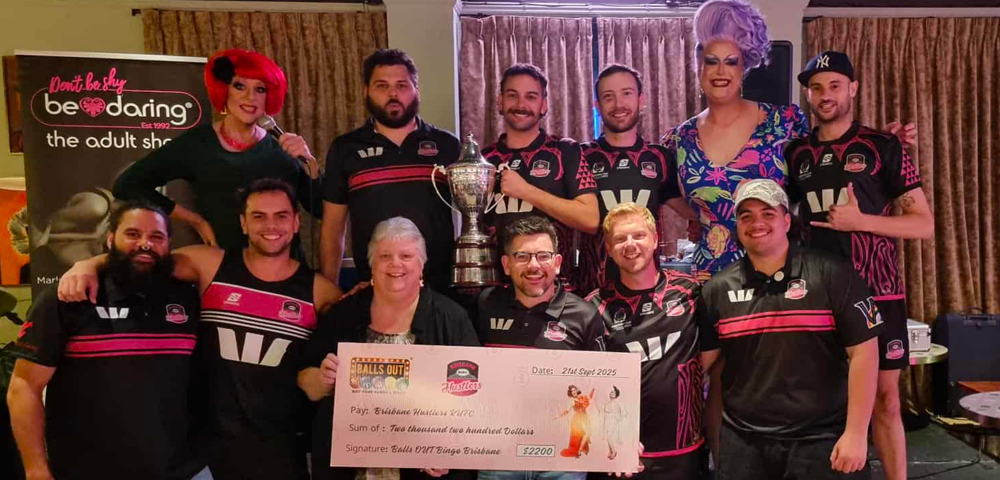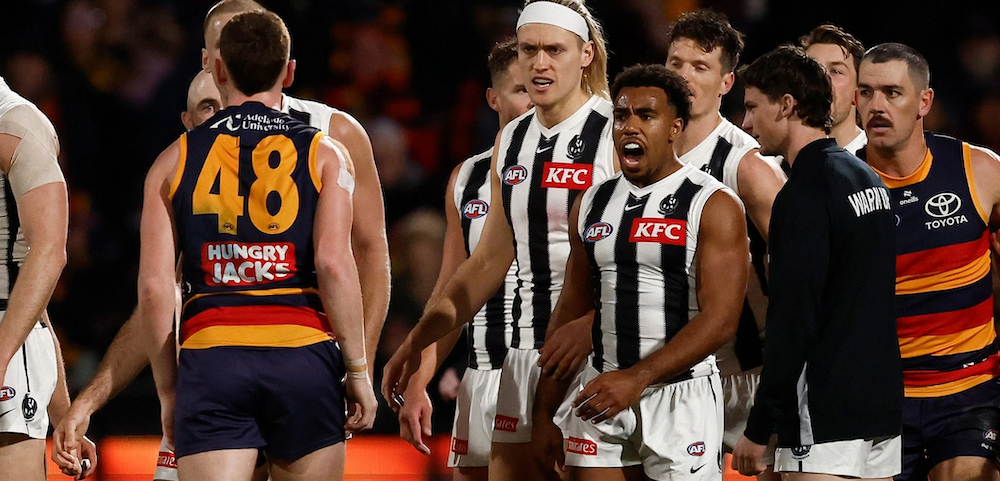
A man of speed and substance
In 2010, New Zealand’s Olympic speed ice skater Blake Skjellerup did what few elite athletes will ever risk: he publicly came out as a gay man.
What sets Skjellerup apart from other Olympic athletes who have come out though, is that he revealed his sexuality during his career.
At the London Olympic Games, there will be just over 10 Olympic atletes who are openly homosexual out of more than 12,000 competitors.
Skjellerup competed in the 2010 Vancouver Winter Olympics and placed 16th, a phenomenal effort as New Zealand’s only Short Track speed skater to qualify.
For almost a year the 27 year-old has been training with the Australian speed skating squad in Melbourne in the lead up the 2014 Winter Olympics in Sochi, Russia. He endures training seven hours a day, six days a week.
“I got into speed skating through a friend of my brother’s in Christchurch and it just sort of stuck with me,” he told the Star Observer.
“It’s actually a lot of fun, it’s really challenging for me. You’ve got some G forces on you and you’re trying to turn a corner and it’s like a rollercoaster ride, but one you’re in control of.”
Speed skaters can travel at over 50kmh on the ice. The 500m world record clocked in at 40.651 seconds, held by South Korea.
Victorian Ice Racing Association president Ken Stewart said speed skating was one of the most intense sports out there.
“You’ve got to have the confidence in your blades to go that fast … it’s like stepping into a racing car from a Mini, you’re not going to have confidence or the ability to handle the power.”
Stewart, a veteran speed skater of 40 years, said Skjellerup was among the top four speed skaters in the country, even though he competed for his home country.
“He’s one of the smarter skaters honestly, very intelligent,” he said.
While Stewart was optimistic of the New Zealander’s chances in Sochi, he said the 2014 games could be his last as the average retirement age for speed skaters is around 30.
Two years since Skjellerup came out in an interview, he admitted he had not received any backlash or negative feedback for the move.
“The one thing that has changed is that I have a greater support base behind me in terms of people who know about me and my career,” he said.
“I think its important for anybody to just take part and feel like they can do sport. The gay community is extremely under-represented still in sport and I must admit, when I was growing up I had trouble finding someone I could relate to, not just with my sexuality but also in my sport.
“The more people who are out there being open and honest and not afraid to share who it is they are, I think the better because it’s still hard for some people to come to terms with their sexuality. If they have someone to look up to and to relate with, then it makes that journey a whole lot easier.”
Outside of training and competitions, Skjellerup is a Federation of Gay Games ambassador.
Along with Australian Olympians, diver Matthew Mitcham and cyclist Michelle Ferris, the speed skater advocates for the games and encourages people to get involved.
Kate Rowe, Australian/New Zealand ambassador manager for the Federation of Gay Games, said more athletes like Skjellerup were needed.
“For me, it’s very important that we have some younger role models because they’re the future,” she said.
The Ambassadors are not paid for their work but meet community members at events like the Midsumma Festival to stir up interest.
It would have taken a lot of courage to come out as an Olympic athlete, Rowe said, because he has not retired yet.
“With people like Blake and Matthew, who are still elite athletes, they’re almost putting their careers at risk because they know it may affect the sponsorship dollars,” she said.
“I think it is brave and the more people like Matthew and Blake who are prepared to stand up and be themselves and still want to continue in their sport, that’s how the barriers will be broken down.”
The next Gay Games will be held in 2014 in Cleveland, Ohio, making the next two years a mighty effort.
Skjellerup remains confident about his training and said his plans to compete at Sochi were still on track.
The one thing that continues to plague him, like many athletes in minor sports, was funding.
“It’s not just physically hard, it’s fiscally hard as well,” Skjellerup laughed. “Just finding other ways to get support and sponsorship which is the biggest thing to me.
“I just have to keep holding on to whatever it is that I want to achieve and keep believing in myself that I can do it.”
INFO: www.blakeskjellerup.com





